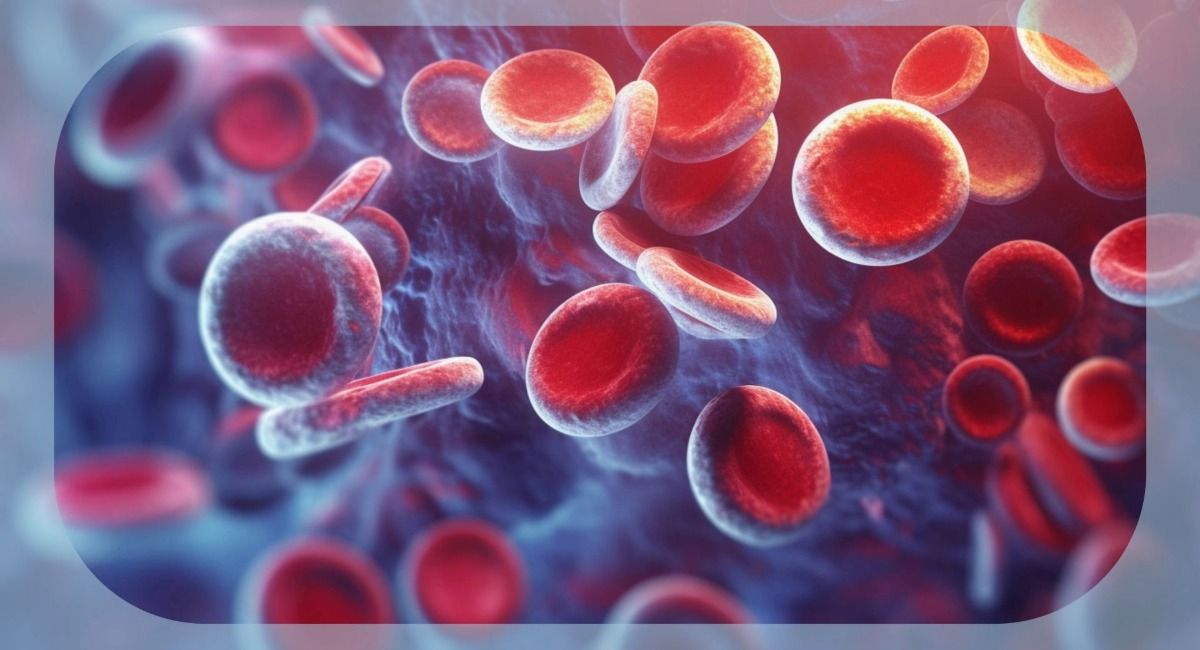Relapsed/Refractory Mantle Cell Lymphoma |
Image credit: © Oleksandr – stock.adobe.com
The next-generation BCL-2 inhibitor sonrotoclax (BGB-11417) produced positive topline findings for the treatment of patients with relapsed/refractory mantle cell lymphoma (MCL) after therapy with a BTK inhibitor and an anti-CD20 agent, according to data from the phase 1/2 BGB-11417-201 study (NCT05471843).1 The results met the primary end point of the study, which was overall response rate (ORR).
Findings from the study revealed that treatment with sonrotoclax demonstrated clinically meaningful responses in the heavily pretreated patient population as assessed by an independent review committee (IRC). Additionally, data from the trial showed promising results across multiple secondary end points, including complete response (CR) rate, duration of response (DOR), and progression-free survival (PFS). Regarding safety, sonrotoclax was deemed generally well tolerated, and its associated toxicities were manageable.
“For [patients] with relapsed/refractory MCL, the disease is aggressive, the treatment landscape fragmented, and the outcomes unacceptably poor,” Lai Wang, PhD, global head of Research and Development at BeOne Medicines, stated in a news release. “These topline results for sonrotoclax underscore its potential to deliver meaningful and durable responses and offer the first BCL-2 inhibitor for patients with relapsed/refractory MCL, if approved. These data add to the remarkable progress we’ve seen over the past 5 years in treating B-cell malignancies, and I’m proud that BeOne has played an impactful role in that transformation with our leading BTK inhibitor.”
The global, multicenter, single-arm, open-label phase 1/2 trial enrolled adult patients (n = 125) with relapsed/refractory MCL following treatment with an anti-CD20 agent and a BTK inhibitor. Other key eligibility criteria included the presence of measurable disease, an ECOG performance status of 0 to 2, and adequate organ function.2
In part 1 of the trial, patients (n = 22) received daily sonrotoclax at either 160 mg or 320 mg to assess the safety and tolerability of the agent and to identify the recommended dose for part 2.1 In part 2, patients received sonrotoclax at 320 mg daily following ramp-up dosing, which was the recommended dose, to assess the safety and efficacy of the agent.
The primary end points in part 1 were the incidences of dose-limiting toxicities, treatment-emergent adverse effects (AEs), serious AEs, and AEs leading to treatment discontinuation, as well as the number of patients who experienced tumor lysis syndrome. In part 2, the primary end point was ORR per IRC.2 In part 1, secondary end points consisted of single dose area under the plasma concentration time curve (AUC), single dose maximum observed plasma concentration (Cmax), single dose time to reach Cmax, steady state AUC, steady state Cmax, steady state trough plasma concentration, and steady state time to reach Cmax. Secondary end points in both parts included investigator-assessed ORR, DOR, PFS, time to response, and OS. Secondary end points that were only assessed in part 2 consisted of safety; clinically significant changes from baseline in vital signs, laboratory values, and physical examination findings; and quality of life measures.
Sonrotoclax previously received orphan drug designation from the FDA for the treatment of patients with MCL, according to BeOne Medicines.1 The company plans to submit the findings from the phase 1/2 study to the FDA and other global regulatory bodies to inform the potential approval of sonrotoclax for the treatment of patients with relapsed/refractory MCL. New drug applications for the agent in this patient population, as well as in patients with relapsed/refractory small lymphocytic lymphoma/chronic lymphocytic leukemia, have been accepted and are under review by China’s National Medical Products Administration for potential accelerated approval.
Full data from the phase 1/2 trial will be presented at an upcoming medical meeting.
Sonrotoclax is also under evaluation in combination with zanubrutinib (Brukinsa) in patients with relapsed/refractory MCL in the confirmatory phase 3 CELESTIAL-RR MCL study (NCT06742996).
References
- BeOne Medicines announces positive topline results for sonrotoclax in relapsed or refractory mantle cell lymphoma (MCL). News release. BeOne Medicines. August 29, 2025. Accessed August 29, 2025. https://ir.beonemedicines.com/news/beone-medicines-announces-positive-topline-results-for-sonrotoclax-in-relapsed-or-refractory-mantle-cell-lymphoma/9b063914-3787-4b59-95fa-1e0941571f45
- Study of BGB-11417 monotherapy in participants with relapsed or refractory mantle cell lymphoma. ClinicalTrials.gov. Updated April 2, 2025. Accessed August 29, 2025. https://clinicaltrials.gov/study/NCT05471843
